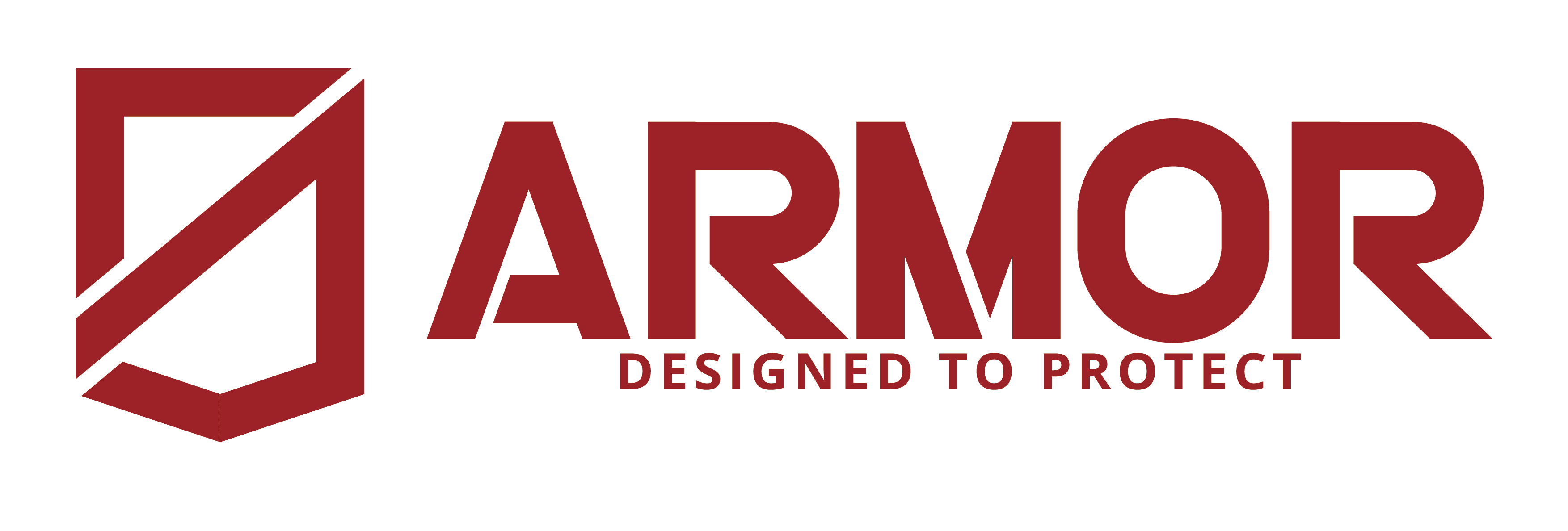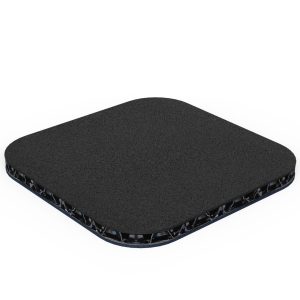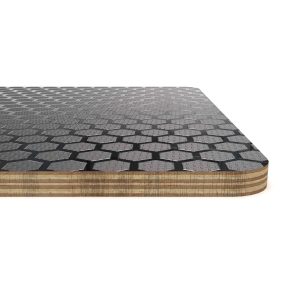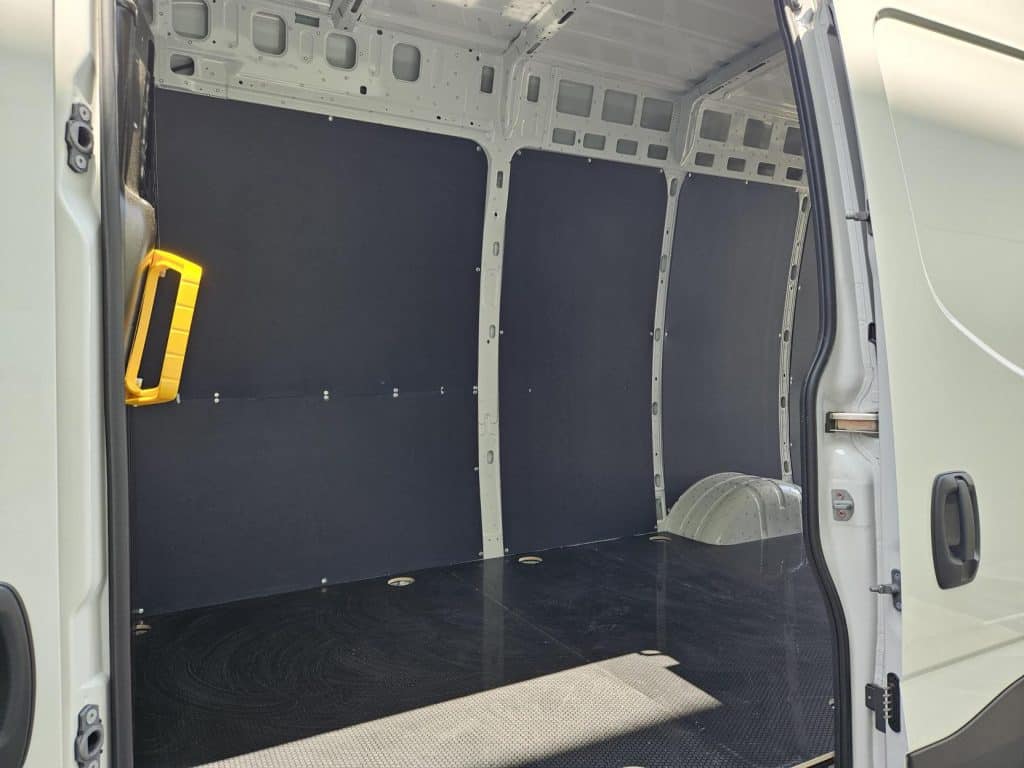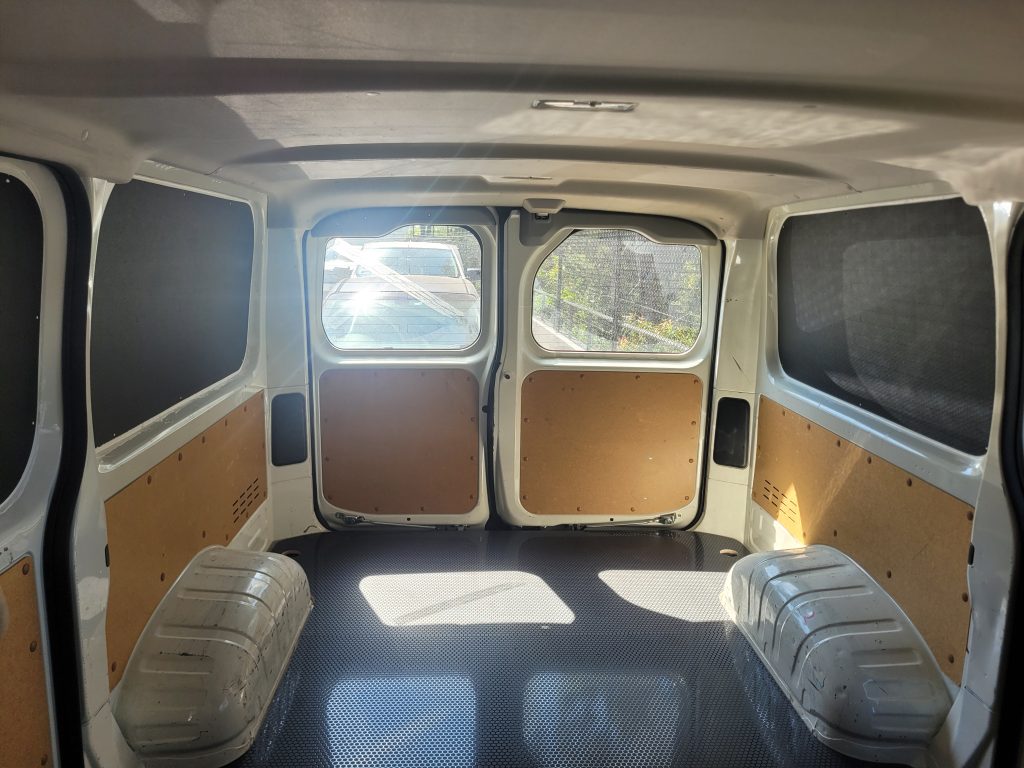Eco-Friendly Van Lining Solutions for Sustainable Businesses
Eco-friendly van lining solutions have become an essential consideration for companies that operate commercial fleets. For businesses looking to reduce their environmental impact, choosing the right van lining materials can make a significant difference. Van lining not only protects vehicles and cargo but can also contribute to a company’s overall sustainability efforts. By opting for eco-friendly materials, businesses can help minimize waste, reduce their carbon footprint, and ensure that their operations align with environmentally responsible practices.
One of the most common eco-friendly materials used for van lining is recycled plastic. Polypropylene (PP) panels, for example, can be manufactured from recycled plastics, offering the same durability and protective benefits as their non-recycled counterparts. These panels are resistant to moisture, impacts, and harsh conditions, making them ideal for businesses that need to protect their vehicles and cargo from daily wear and tear. Recycled polypropylene is not only a sustainable choice but also a practical one, providing a long-lasting lining solution that reduces the need for frequent replacements. By using recycled materials, companies contribute to reducing plastic waste and promoting a circular economy.
Marine-grade plywood is another sustainable option for eco-friendly van lining. This type of plywood is specifically designed to resist moisture, making it an ideal choice for businesses that operate in challenging environments or transport goods in wet or humid conditions. Marine-grade plywood is often made from high-quality birch or similar woods that are sustainably harvested and treated with environmentally safe adhesives and coatings. Its durability and strength make it a long-lasting solution, reducing the need for frequent replacements. By choosing marine-grade plywood, businesses can benefit from a material that provides excellent protection while aligning with eco-friendly practices.
In addition to material selection, businesses can further enhance their sustainability efforts by focusing on the lifespan and recyclability of the van lining. Eco-friendly linings, such as marine-grade plywood, are often designed to be more durable and long-lasting, which reduces the need for frequent replacements. This not only saves businesses money over time but also minimizes the environmental impact of manufacturing and installing new linings. When the lining does eventually wear out, choosing materials like plywood that can be recycled or repurposed ensures they don’t end up in landfills. By using sustainable, recyclable materials, companies contribute to reducing waste and promoting a circular economy.
Van lining solutions that use water-based adhesives also offer an environmentally friendly alternative to traditional adhesives. Water-based adhesives are less harmful to the environment as they release fewer volatile organic compounds (VOCs), which contribute to air pollution and can negatively impact human health. By choosing water-based products, businesses not only reduce their environmental footprint but also create safer working conditions for employees who install and maintain van linings. This approach ensures that sustainability is integrated into every aspect of the operation, from the materials used to the installation process.
Eco-friendly van lining solutions are not just beneficial for the environment—they also appeal to consumers who value sustainability. With growing awareness of climate change and the increasing demand for environmentally responsible business practices, customers are more likely to support companies that make an effort to reduce their environmental impact. Choosing eco-friendly van lining materials like marine-grade plywood sends a strong message to customers that a business is committed to sustainable operations. This can enhance a company’s reputation, foster brand loyalty, and attract customers who prioritize eco-conscious businesses.
Sustainable van lining options also contribute to overall operational efficiency. Materials like marine-grade plywood offer durability and protective benefits that match or exceed those of traditional materials, ensuring that the van’s interior remains protected from daily wear and tear. The long-lasting nature of these materials reduces the need for frequent repairs or replacements, which in turn lowers maintenance costs. Additionally, materials like plywood provide insulation, helping regulate temperatures inside the van and reducing the need for energy-intensive climate control systems. For businesses aiming to reduce energy consumption and operational costs, eco-friendly van lining solutions are a smart investment with long-term benefits.
In conclusion, eco-friendly van lining solutions such as marine-grade plywood provide a practical and sustainable way for businesses to protect their vehicles and cargo while reducing their environmental impact. By opting for durable, recyclable materials and environmentally safe adhesives, businesses can minimize waste, lower costs, and contribute to a greener future. In an era where sustainability is a growing concern for consumers and companies alike, eco-friendly van lining is a responsible choice that benefits both the planet and the business’s bottom line.
